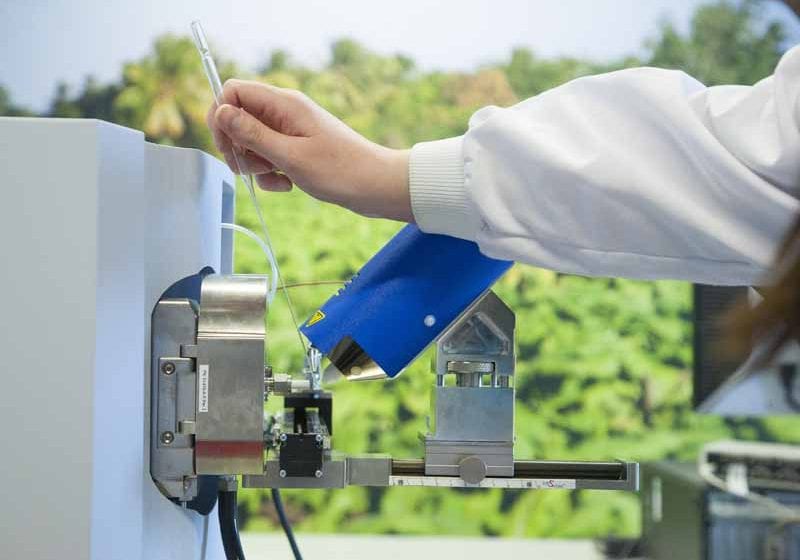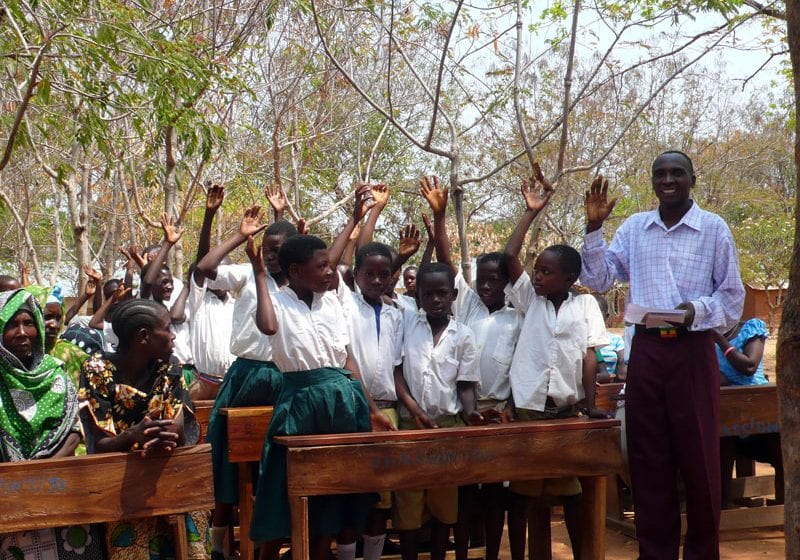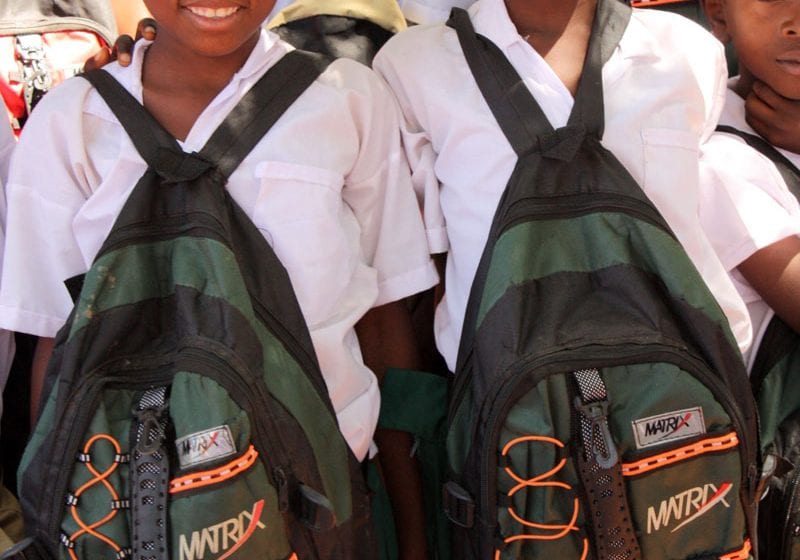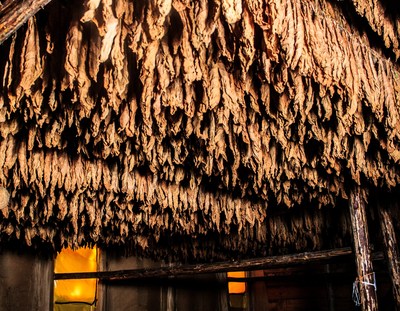Japan Tobacco International has said it commends the governing body of the International Labour Organization (ILO) for postponing its decision on the continuation of the ILO’s partnerships with the tobacco sector in the fight against child labor.
‘ARISE (Achieving Reduction in Child Labor in Support of Education), JTI’s current public private partnership with the ILO, has proven that the most efficient approach is a co-ordinated one involving all areas of expertise,’ JTI said in a note posted on its website and issued through PRNewswire.
“Together, we have already withdrawn thousands of children from child labor since its launch in 2011,” said Elaine McKay, global leaf social programs director at JTI.
“The issues involved are much more complex than the over-simplified view portrayed by the FCTC [World Health Organization’s Framework Convention on Tobacco Control] secretariat and anti-tobacco activists, who are more concerned about the source of funding than fighting child labor.
“It is now crucial that the governing body assesses this misdirected pressure on the social mandate of the ILO, and understands fully what is at stake – the future of tobacco growing communities – before reaching a consensus.”
According to an ABC report, relayed by the TMA, ILO spokesman, Hans von Rohland, corrected an earlier report that the agency would end their PPPs and stop accepting funding from the tobacco industry to combat child labor.
The agency apparently issued a revised, one-point decision saying its governing body had instructed its director-general to present an ‘integrated ILO strategy to address decent work deficits in the tobacco sector’ at its next meeting in March.
In an email to reporters yesterday, von Rohland said, ‘We sent you the wrong version of the decision taken by the ILO governing body on ILO co-operation with the tobacco industry’.
The ABC said the ILO had received more than $15 million through partnerships that aimed to fight child labor, and, in doing so, had attracted criticism from anti-tobacco groups that it was the only UN agency that still collaborated with the tobacco industry.
The row over tobacco funding seems to have arisen not so much because of the source of the ILO funding, however, but because some people see one of the root cause of child labor in tobacco production as being endemic poverty among tobacco producers – poverty brought about by the generally-low prices paid to these producers by the tobacco industry.
Meanwhile, the ECLT (Eliminating Child Labour in Tobacco Growing) foundation, in a press note headed, ILO to develop strategy to address decent work in tobacco, said the ILO’s governing body had concluded the discussion regarding the collaboration between the organisation and the tobacco industry by calling on the director-general to develop ‘an integrated ILO strategy to address decent work deficits in the tobacco sector’ while ‘taking into account all views expressed in the current session’ [ECLT quote marks].
‘The integrated strategy, to be developed and presented at the governing body session in March 2018, will have significant impact on the realisation of the legal and human rights of the children and families of more than 40 million tobacco farmers in over 120 countries worldwide,’ the ECLT’s press note said.
‘The ECLT foundation renews its commitment to these children, their families, and their communities. The foundation will continue to advocate for strong policies in both government and private sector, which evolve into laws and responsible business practices that keep children out of labor and promote decent work, in line with international legal frameworks including ILO Conventions 138, 182 and 184.
‘Through our efforts directly in tobacco-growing communities, the ECLT foundation has seen concrete results, which are maximised by working in partnership to find collaborative solutions for the systemic causes of child labour. Therefore, the foundation seeks to engage all relevant stakeholders, even those with differing views, on how to bring about sustainable social change for the children and communities we serve.
‘ECLT will continue to prioritize impact and transparency for all of its work, as well as continuing research while sharing best practices and effective models to increase our global efforts to accelerate the transformation of agricultural communities, for the ultimate benefit of children, farmers and their families.’









